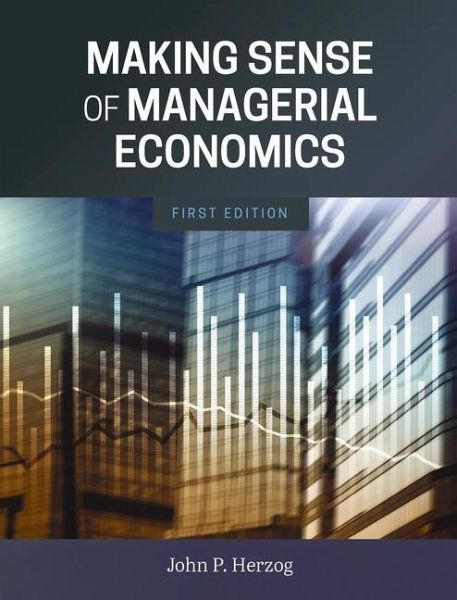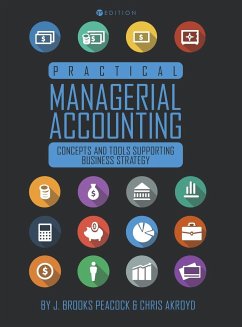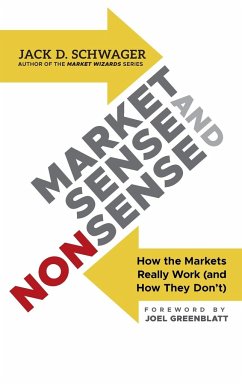
Making Sense of Managerial Economics
Versandkostenfrei!
Versandfertig in über 4 Wochen
228,99 €
inkl. MwSt.
Weitere Ausgaben:

PAYBACK Punkte
114 °P sammeln!
Making Sense of Managerial Economics provides students with a foundational knowledge base in managerial economics, the study of how managers can leverage economics in a way that best reaches their goals by optimizing resources. Readers develop a higher level of understanding of microeconomic principles. The text also demonstrates how the mathematical assumptions presented in the study of microeconomics can be attained in the real world. Opening chapters discuss marginal analysis and optimal decision-making, linear regression and statistical methods, and the laws of supply and demand. Students ...
Making Sense of Managerial Economics provides students with a foundational knowledge base in managerial economics, the study of how managers can leverage economics in a way that best reaches their goals by optimizing resources. Readers develop a higher level of understanding of microeconomic principles. The text also demonstrates how the mathematical assumptions presented in the study of microeconomics can be attained in the real world. Opening chapters discuss marginal analysis and optimal decision-making, linear regression and statistical methods, and the laws of supply and demand. Students learn how to perform the required math to institute price ceilings and floors, key facts about consumer behavior, and the traits of social economic efficiency. Additional topics include organizing for production, marketing in the competitive environment, output and associated costs, and the regulation and deregulation of competition. Closing chapters address risk and uncertainty, capital, and pricing. A comprehensive yet accessible resource, Making Sense of Managerial Economics is well suited for introductory courses in managerial economics. John P. Herzog is an instructor of computer science at Wittenberg University and an instructor of economics and finance at the University of Dayton, where he teaches courses in principles of macroeconomics, business finances, financial analysis and markets, and microeconomics. He earned his bachelor's degree and master's degree in business administration from Wright State University.












